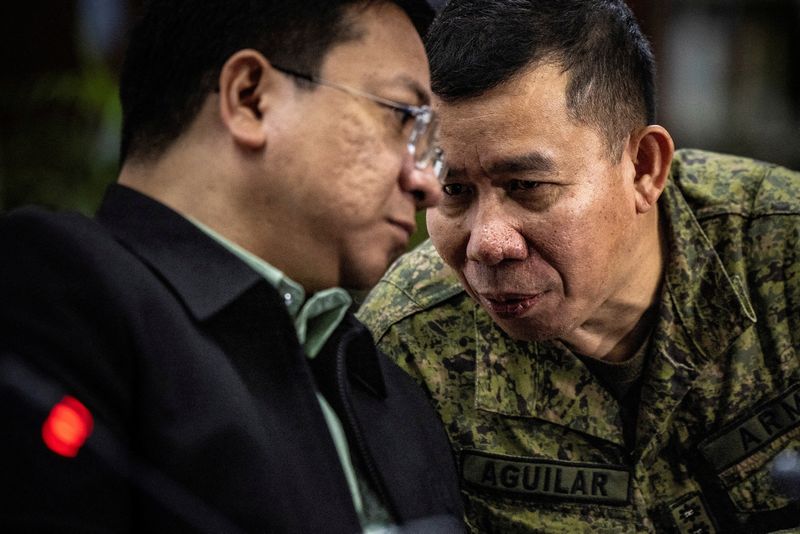Manila, April 5, 2025 – The Philippines voiced deep concern on Saturday over China’s arrest of three Filipino citizens accused of espionage, labeling them “ordinary citizens” and suggesting the detentions might be retaliation for Manila’s recent crackdown on alleged Chinese spies. The arrests, reported by China’s state-run China Daily earlier this week, have escalated tensions between the two nations, already strained by maritime disputes in the South China Sea and a flurry of espionage cases this year.
A Tit-for-Tat Escalation?
China’s Ministry of State Security claimed the three Filipinos, detained on suspicion of spying, confessed to gathering classified military information under orders from a Philippine intelligence handler. Xinhua News Agency reported Thursday that the trio handed “sensitive material” to a contact in the Philippines, though specifics remain sparse. The Philippines’ National Security Council (NSC) fired back, calling the accusations baseless and identifying the detainees as former scholars of a Hainan-Palawan exchange program—not trained operatives. “They are ordinary Filipino citizens with no military background, invited by China to study,” NSC spokesperson Jonathan Malaya said in a statement, per Reuters.
The timing raises eyebrows. Since January, Philippine authorities have arrested at least a dozen Chinese nationals for alleged espionage, targeting military bases, coast guard assets, and critical infrastructure—often near U.S.-allied sites under the Enhanced Defense Cooperation Agreement (EDCA). Posts on X speculate a revenge motive: “Beijing’s hitting back after Manila nabbed their spies,” one user noted. Malaya didn’t mince words, telling Philippine Daily Inquirer Friday the arrests “can be seen as retaliation” for the “legitimate” detention of Chinese agents, including five caught in Palawan in January using drones to surveil naval facilities.
A Diplomatic Tightrope
President Ferdinand Marcos Jr., speaking Friday, expressed alarm but urged calm investigation. “We’re disturbed by this—it’s why we arrested our own suspects,” he told reporters, per SunStar. The Department of Foreign Affairs (DFA), formally notified of the charges, is scrambling to verify details and secure consular access, per Philippine Star. “We’re working to understand what’s happening,” a DFA statement read, sidestepping direct confrontation with Beijing.
China’s Foreign Ministry doubled down, with a Wednesday warning against Philippine “provocations” on Taiwan and South China Sea issues, hinting at broader geopolitical stakes. “Those who play with fire will perish by it,” the spokesperson said, per AP News. The embassy in Manila has stayed mum on the Filipino detainees but previously dismissed espionage claims against its own nationals as “smear campaigns.”
Caught in the Crossfire
The three Filipinos—one a long-term China resident—face an uncertain fate as their case remains under investigation. China’s opaque legal system offers little transparency, and confessions, often coerced, are routine in such cases. Meanwhile, Manila’s spy busts have uncovered a “deeply entrenched” Chinese network—hundreds strong, per Bloomberg—stoking fears of sleeper agents tied to everything from online gaming hubs to civic donations. “This could be the tip of the iceberg,” military chief Gen. Romeo Brawner warned in January, per Firstpost.
The South China Sea looms large. With Trump’s tariffs crashing markets—S&P down 4.8% Thursday—and the Philippines bulking up militarily with U.S. F-16s, the arrests amplify a proxy struggle between superpowers. Posts on X reflect the unease: “China’s flexing while PH stands firm—escalation incoming?” one asked. For now, Manila’s alarm is palpable, but with Congress mulling stricter espionage laws and both sides dug in, this spy saga’s next roll of the dice is anyone’s guess.
If you’d like me to dig deeper into a specific angle—like the South China Sea context or the Filipino detainees’ backstory—just say the word! What’s your take?
